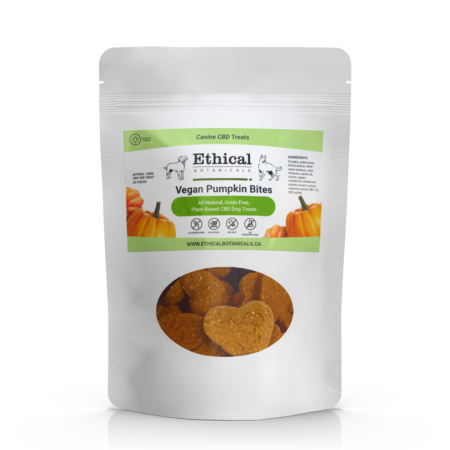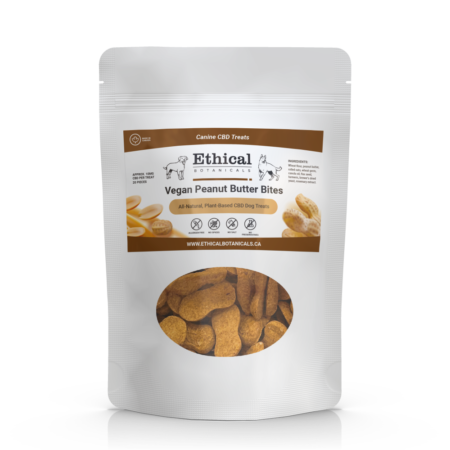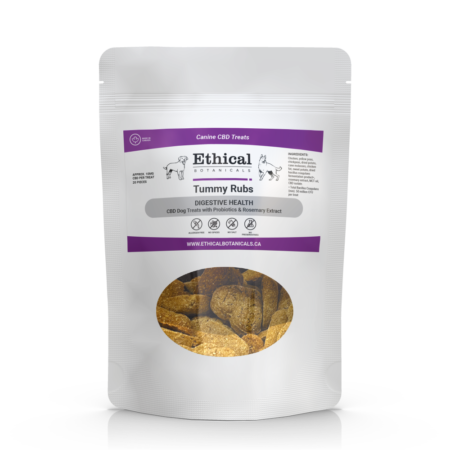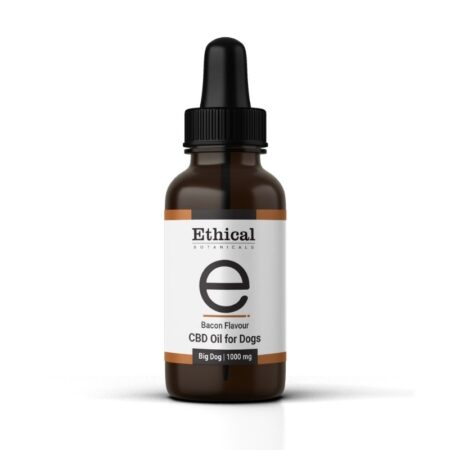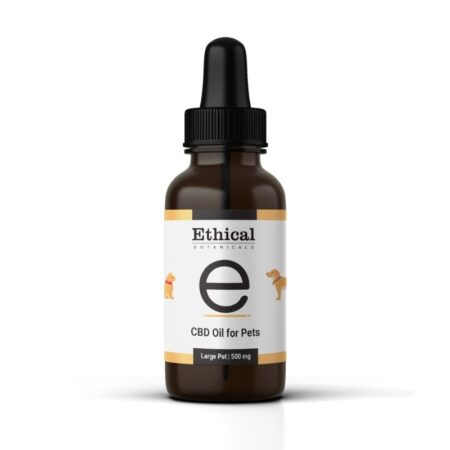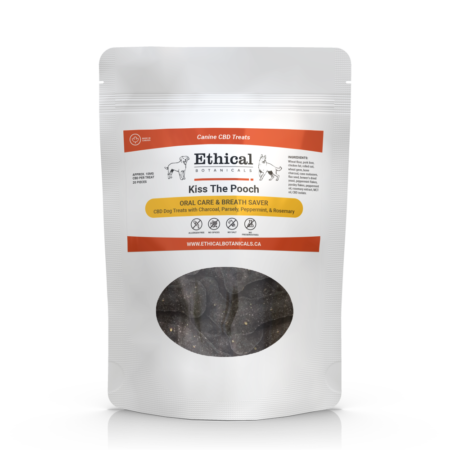CBD Oil for Pets: A Quick Guide

CBD (short for cannabidoil) is booming. Even though FDA doesn’t allow CBD to be prescribed for anything but epilepsy yet, there’s a growing chorus of testimonials out there on the web from people who have tried CBD on themselves, and their pets, and experienced positive impacts for a large number of conditions.
Though CBD is not a miracle cure, as advertised by less scrupulous outfits, preliminary test results seem to indicate CBD may be helpful for managing the symptoms of a host of conditions—especially those related to inflammation.
What is CBD?
Cannabidiol is one of many cannabinoids produced by the cannabis plant. There are between 80 and 120 of these chemical compounds found in a given cannabis plant. CBD is the most widely used medicinal cannabinoid because it has no psychoactive effects. The other well-known cannabinoid is THC which is present in large concentrations in marijuana plants.
To make CBD oil, a carrier oil, such as hemp seed, grape seed oil, or coconut oil, is infused with cannabidiol that was extracted from cannabis.
The extraction method affects the purity of the CBD oil. The two main methods are hydrocarbon and carbon dioxide (CO2) extraction. Hydrocarbon extraction uses solvents like grain alcohol to separate the oil from the hemp plants, which can potentially leave residual traces of these chemicals in the oil.
The CO2 extraction method uses compressed liquid carbon dioxide to extract the oil. In the process, the CO2 evaporates, leaving no residue behind, only pure CBD oil. When purchasing CBD products for your dogs, ask for certificates of analysis (COA) so you can be sure there are no contaminants in the CBD.
Is CBD oil legal to use?
Full spectrum vs broad spectrum vs isolate CBD
- Full-spectrum
- Broad-spectrum
- Isolate
A few tips for first time buyers
With so many products on the market, how do you know what to look for to ensure what you buy is safe for your dog? Here are a few basic questions to ask:
Is it organic? Buy a high-quality CBD oil that is made from organically grown hemp. An organic product won’t contain any pesticides or fungicides.
How is it processed?As mentioned earlier, CO2 extraction is the safest. Cold ethanol extraction is also popular because it produces a high CBD extract. Avoid brands that use potentially toxic solvents, like propane, hexane, and butane for extraction purposes.
Has an independent lab tested the product?One way to be sure that the product you’re interested in was produced using a safe extraction method, is to look for brands that have their products independently tested and provide a certificate of analysis (COA).
What percentage of THC is in the product? THC may be harmful for your dog. Dogs are very sensitive to small quantities of THC. Too much, and the intoxication could be very unpleasant for them. Stick to products that contain less than 0.3% THC.
How much CBD oil should you give your dog?
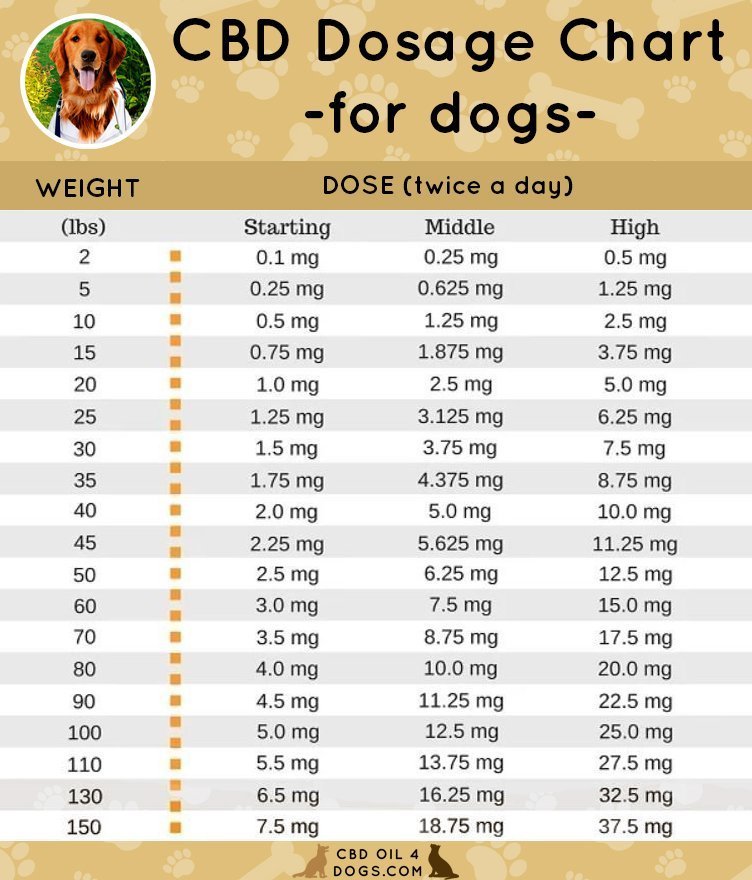
It is generally agreed that a dosage of 0.2 milligrams of CBD per pound of a dog’s bodyweight is safe as a starting point. So, if your dog weighs forty pounds, you can start him with a dose of 8 mg of CBD. Our dosage chart offers some useful guidelines, but if you don’t follow this chart exactly, it’s not the end of the world. CBD is non-toxic and well-tolerated in canines. A little bit more or less won’t hurt.
Once you’ve given your dog its first dose, it may be that you don’t notice any differences. CBD oil works within 30 minutes for separation anxiety, but for other issues like pain from arthritis or cancer, may take longer to reduce. You can experiment with increasing the dose, just do so incrementally, waiting a week before making a small increase. Continue to experiment until you start to see consistent improvement.
Some owner find their dogs experience benefits with the initial dose size, it just takes a few weeks for the effects to really manifest, so it’s not always necessary to experiment. Whatever route you take, the general rule is “Start low, go slow.” Try to be very observant and keep a journal recording your dogs mood, appetite, sleep, coordination and anything else you observe. If you are experimenting with dosage, this info will be very helpful in helping you determine what dose helps your dog the most.
What does CBD oil work for?
Dog owners have found that CBD helps dogs suffering from anxiety, pain, inflammation, and epilepsy, as well as skin conditions. Since inflammation is reputed to be the “root of all disease,” CBD’s powerful anti-inflammatory properties can be beneficial for a host of chronic conditions.
Anxiety
CBD oil is most commonly used for dogs suffering from separation anxiety. This is a common condition and many people attest that CBD oil has been effective in treating it for their pets. If your dog shows signs of being anxious when you are ready to leave the home, you can try CBD oil to relieve his anxiety. You should see a change in him within half an hour.
The way CBD oil relieves anxiety is by interacting with the endocannabinoid system (ECS), a “homeostatic regulator” system all mammals possess. Studies show CBD interacts with ECS receptors, boosting the body’s natural ability to create serotonin—a natural mood stabilizer. CBD also enhances “extinction learning” whereby the body dials down its stress response to negative stimuli like repetitive loud noises.
Pain and Inflammation
Many dog breeds suffer from hip dysplasia, which is an abnormal development of the hip joints. Hip dysplasia is a very painful condition that causes swelling in the joints and eventually leads to arthritis. Many dog owners testify in online forums about their relief at seeing their dogs resuming an active life after starting to take CBD oil.
There is also scientific support for the use of CBD oil as a treatment for dogs suffering from osteoarthritis and joint pain.
Epilepsy
Seizures are not uncommon among dogs. It is upsetting for both dogs and their owners. Fortunately, its the condition CBD oil is most renowned for treating. Some dog owners have had great success with treating seizures with CBD oil. There’s still a ways to go before veterinary science proves the case. So far, we only have one small study which found that CBD can reduce epilepsy attacks in dogs. More studies are necessary before the science is conclusive. In any case, CBD is safe for dogs with no risk of addiction or overdose. Side effects are rare and mild and can include lethargy, changes in appetite, diarrhea.
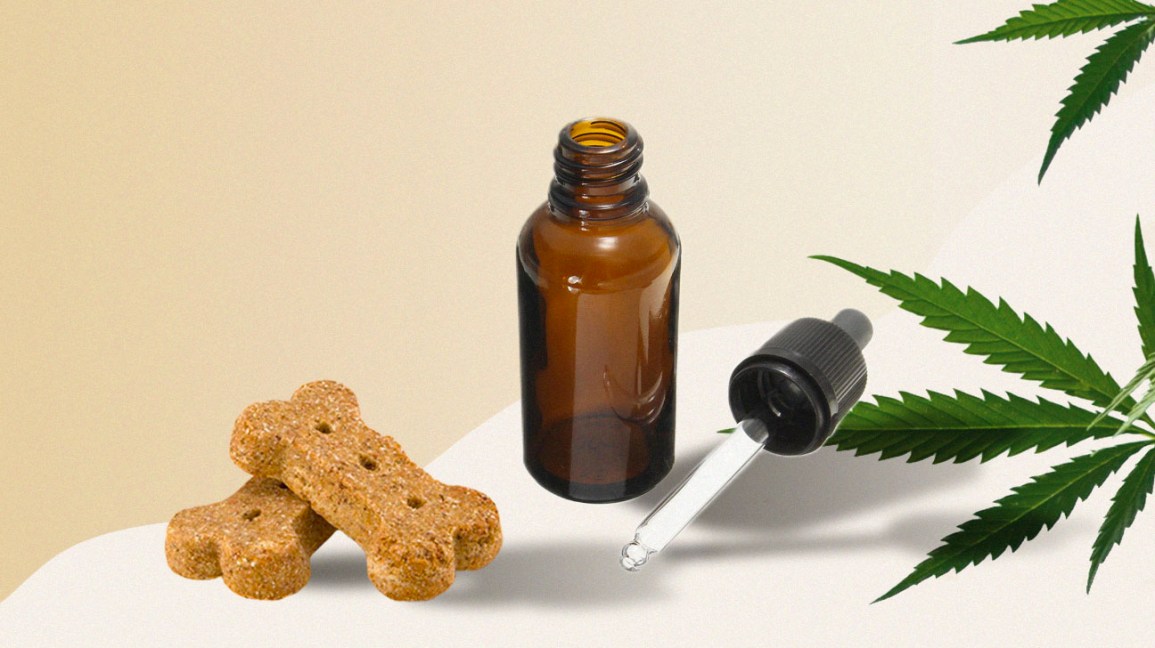
Need more info? Read reviews and talk to your vet!
It’s clear we need more research before we know for sure whether CBD oil is effective for all the conditions people are claiming it helps with. However, pet parents haven’t let the lack of scientific proof stop them, and have started experimenting with CBD on their dogs, often with very positive results. Today, the internet is awash with testimonials from pet owners who express their pleasure at seeing their dogs find relief from a condition that used to cause them pain and discomfort.
Although there’s a dearth of scientific evidence to back CBD claims, there is no shortage of anecdotal evidence out there from pet parents. Before you choose to buy, read testimonials and ask your vet if they are allowed to talk about CBD for your dog. Though some vets might not be legally or contractually allowed to do so, there is a growing number of vets out there becoming familiar with CBD.
